The Tribunal of Administrative Justice


 The Tribunal of Administrative Justice
The Tribunal of Administrative Justice
The Tribunal Administrative Justice has been established in accordance with Article 173 and Article 156 of the Constitution of the Islamic Republic of Iran since 1984 as a special institution under the supervision of the Head of the Judiciary. The purpose of establishing the Tribunal Administrative Justice is to deal with complaints related to government units and officials, as well as complaints related to the decisions and final decisions of administrative commissions and commissions and employment complaints of government employees and some public and executive institutions.
Article 173 of the Constitution States:
“In order to deal with the complaints, grievances and protests of the people against government officials or units or by laws and the realization of their rights, a court called the Tribunal Administrative Justice is established under the head of the Judiciary. “The limits of the powers and manner of operation of this court shall be determined by law.”
The Tribunal Administrative Justice is the authority for the realization of the rights of the people and the establishment of public justice. The court also has the authority to annul regulations that are contrary to the laws of the country and the rules of Sharia.
Since the Tribunal Administrative Justice is the only source of people’s grievances against the administrative and executive apparatus and the rulings issued by the judges of this court are very important and vital for some, so be careful in handling cases and also expedite time is one of the most important demands of the people.
Duties of the Court of Administrative Justice
- Handling complaints, grievances and protests of the people against government officials, departments and by laws, if decisions, actions or regulations are contrary to law or sharia, are beyond the authority of the approving authority, they will be within the jurisdiction of the Court of Administrative Justice. In other words, if “the decisions, actions or regulations due to its illegality, incompetence of the relevant authority, violation or abuse of authority, violation of the law and regulations or refusal to perform duties that violate the rights of individuals can be challenged, will be subject to the jurisdiction of the Court.
- Only natural or legal persons of private law can be in the position of plaintiff in the branches of the Court, according to the unanimous decision No. 37, 38 and 39 of the General Assembly of the Court of Justice approved on October 2, 1989, “Considering that in Article 173 of the Constitution of the Islamic Republic of Iran The purpose of establishing the Court of Administrative Justice is to clarify the complaints, grievances and protests of the people against government officials or units, and according to the literal and customary meaning of the word people, government units or legal, refers to private law, and the natural and legal persons of private law also benefit from paragraph 1 of Article 11 of the Court.
- “Decisions and actions of government units, including ministries, organizations, institutions, government companies, municipalities, revolutionary organizations, institutions and their affiliated institutions” as well as “decisions and actions of the officials of the mentioned units in matters related to their duties” may be the subject. Complaints should be placed in the branches of the Administrative Court of Justice. Accordingly, the branches of the Administrative Court of Justice are not competent to hear cases against Non-Governmental Organizations (NGOs) that are among the private law institutions and have no organic relationship with the government. In cases where the decisions and actions subject to appeal are within the jurisdiction of the branches of the Court, if the investigating branch determines that these actions have violated the rights of individuals, an appropriate ruling to violate the verdict or cancel the effect of the decision and action issues wasted rights.
- Pursuant to Article 19, “Investigation of complaints, grievances and objections of natural or legal persons by laws, other government, municipal systems and regulations in terms of their implied opposition to the law and the realization of the rights of individuals”, “Issuance of a unanimous vote on votes” Contradictions issued by the branches of the Court “and” the issuance of a ruling on the unity of procedure if several similar opinions have been issued on a single issue “, will take place in the General Assembly of the Court. However, it should be noted that “reviewing the judicial decisions of the judiciary and the approvals and decisions of the Guardian Council of the Constitution, the Expediency Council, the Assembly of Experts, the Supreme National Security Council and the Supreme Council of the Cultural Revolution are excluded from this article.”
If you have any questions about the lawsuits of the Court of Administrative Justice and its rulings, or if you need guidance in preparing and enforcing its provisions, our experienced consultants and lawyers at the Asia Lawyers Group will answer your questions.


